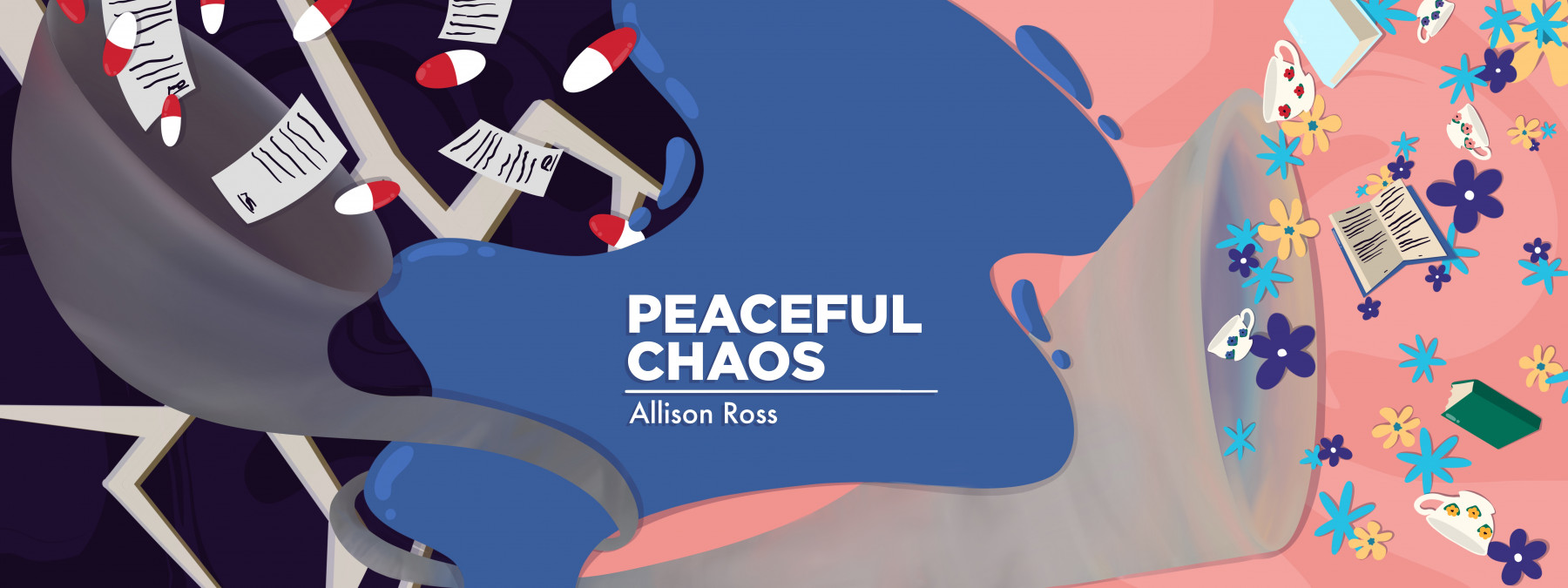When Change Gets Tough to Handle
Written by |

The ancient Greek philosopher Heraclitus had it right when he said, “The only constant in life is change.” This is true for everyone, but especially for patients with autoimmune diseases.
Change within ourselves can be mental, physical, or psychological. Externally, it may involve relationships or our living environment. Some types of change are within our ability to manage, while others are so far removed from our sphere that we can only helplessly watch as they occur. The key is how we adapt.
A new year has begun, and whether you’ve made difficult resolutions or simply switched to a new wall calendar, a feeling of change is in the air. For most people, this usually has to do with modifying something about ourselves or our surroundings. This can be refreshing and renewing if we are enthusiastic about our goals.
But some change is unwanted and scary.
Unfortunately, so many of us feel the need to tighten control over our lives when there’s any hint of our routines being disturbed. From there, it’s a direct path to stress, anxiety, hopelessness, and even depression. These conditions may persist until we find a way to relinquish control, or at least find healthy ways to cope with unfamiliarity.
For vasculitis patients, myriad concerns can overcrowd our minds. For example, which type of medication should we take? Has our physician presented all the information we need, leading us to the best treatment options?
There’s also change involving how illness evolves over time. In my case, it’s interesting to note the trends in the past 17 years since my diagnosis. My symptoms began with severe onset, and I spent several years having relapses before I finally reached an upward trajectory. In 2013, I achieved remission and have been there ever since — a positive change, no doubt, but still an unfamiliar place at the time.
Following are the ways I’ve learned to manage stress due to changes in my life. I hope you find what works for you, so that you can achieve balance as you navigate life’s challenges!
Prepare
There’s nothing quite like the anxious feeling of being thrown a curveball and not having the right bat to swing at it. I recommend you build your resources. Whether that means saving up emergency funds, nurturing relationships that could involve caregiving later, or ordering your prescriptions in advance, make the moves now that will help you avoid stress later.
Breathe
Engage in whatever ritual helps to bring your heart rate down and your outlook up. Calming self-care activities can bring you back to a place of stasis, where you can take account of the challenges in front of you with a clear head. Journaling, art, or meditation may help you focus and sleep better, even when stress levels are higher than usual.
Methods of relaxation look different for each person. For example, when I need to rid myself of anxiety, I take the dog on a walk to expend nervous energy. On the other hand, sleeping helps me restore stability when I feel like I’m at my tipping point.
Reflect
Practicing mindfulness can be another balm for stress and anxiety. Gratitude goes a long way toward regaining sanity.
Allow yourself to be introspective and ask: What is it about this situation that makes me uncomfortable? The further you can break it down, the more control you will have over each element, until your experience has de-escalated from terrifying to routine.
Dive in
Sometimes, taking action toward the very thing we fear helps alleviate that fear. I used to be a procrastinator, but have found that the sooner I tackle projects, the better I feel about them. Need to make that doctor’s appointment? Don’t put it off until tomorrow. Just make the call and get it over with.
Change brings development. There are so many cliches about it, but they’re all apt. The caterpillar becomes a magnificent butterfly, the ugly duckling becomes a swan, etc. These tropes typically present the idea of positive transformation, and illustrate to us that just because something is different doesn’t make it threatening.
There will always be choppy waters on the horizon for us, especially regarding our disease. But if we take care of our minds and bodies as best we can, and maintain the proper perspective, we can navigate the stormy seas and reach the safety of land again as soon as possible.
***
Note: ANCA Vasculitis News is strictly a news and information website about the disease. It does not provide medical advice, diagnosis, or treatment. This content is not intended to be a substitute for professional medical advice, diagnosis, or treatment. Always seek the advice of your physician or other qualified health provider with any questions you may have regarding a medical condition. Never disregard professional medical advice or delay in seeking it because of something you have read on this website. The opinions expressed in this column are not those of ANCA Vasculitis News or its parent company, Bionews, and are intended to spark discussion about issues pertaining to ANCA vasculitis.







Steven
Spent my day in hospital getting my 3rd dose of Rituximab in the slow drip, slow drip that has become my life. Came home to read current article by Allison Ross about change. What continues to work for me is to always have book at bedside, some stare out the window time and to do as Allison suggests; engage in mindfulness. To those whom we share this journey a big thank you! Warmest wishes and hopes for all for 2022.